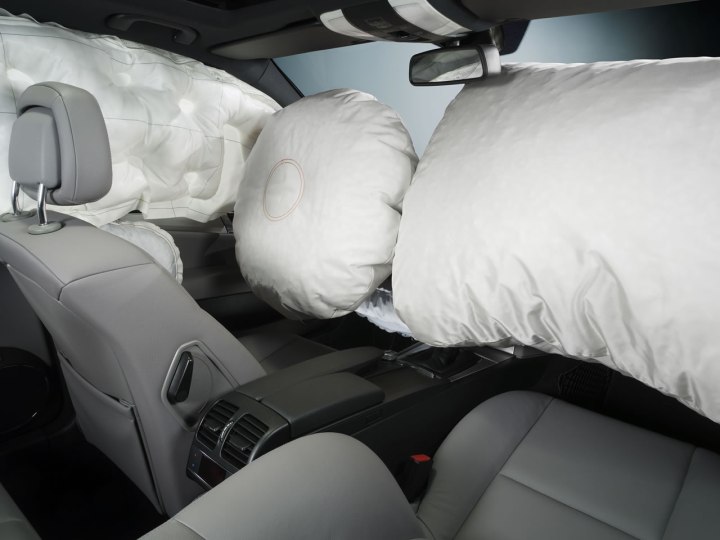
The particular 2001 Honda Civic Brangman was driving had been recalled in 2009, but never repaired. In addressing this enormous oversight, Mark Rosekind, the administrator of the National Highway Traffic Safety Administration, said on Friday, “The fact that this was a rental vehicle that had not been remedied is more evidence for why we are seeking authority to prohibit sale or rental of any vehicle with an open safety recall.”
Given Takata’s enormous presence in the automotive industry, providing 20 percent of all airbags in service, it is no wonder that the historic recall is making waves among drivers everywhere. The decade-long problem (which is only now being fully addressed), is caused by an unstable ammonium nitrate compound, which when exposed to more humid environments, can inflate the airbags too quickly, exploding a metal canister that is meant to keep the blast in check. It is the metal from this canister that has been faulted for Brangman and seven others’ deaths.
In April, Alexander Brangman, Jewel’s father, sued Honda, Takata, and the Sunset Car Rental service that loaned out the recalled vehicle for wrongful death in a case that is still ongoing. Both Honda and Takata have apologized to the Brangman family, and with nearly 34 million recalls now underway, are finally taking responsibility for their defective devices.


